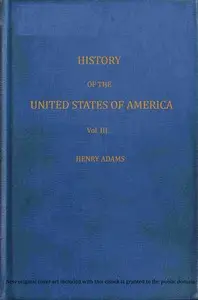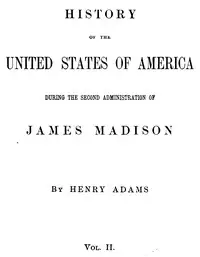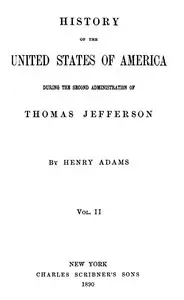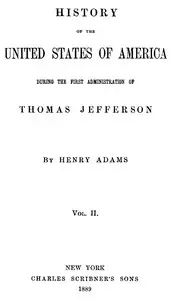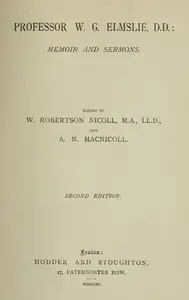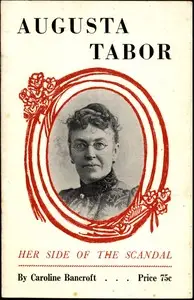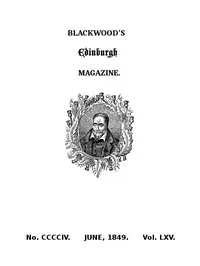"Democracy, an American Novel" by Henry Adams is a work of fiction that was probably written in the late 19th century. The novel centers around the character of Mrs. Lightfoot Lee, a wealthy widow disillusioned with New York society, who decides to spend the winter in Washington, D.C. Seeking meaning and engagement in life after her husband's death, Mrs. Lee becomes engrossed in the political landscape and the complexities of democracy itself. The opening of the novel introduces Mrs. Lee's internal struggles and dissatisfaction with her previous life. She feels a deep sense of ennui towards the social scene in New York and turns to philosophy and philanthropy in search of purpose, but finds little fulfillment. As she moves to Washington, her desire to understand the mechanisms of power draws her to the political scene, where she hopes to uncover the significance behind the workings of democracy. The early chapters depict her interactions with various political figures, including a kind-hearted lawyer named John Carrington and the ambitious Senator Silas P. Ratcliffe, hinting at the novel's exploration of ambition, power, and the human desire for meaning within the political sphere. (This is an automatically generated summary.)

Democracy, an American novel
By Henry Adams
"Democracy, an American Novel" by Henry Adams is a work of fiction that was probably written in the late 19th century. The novel centers around the ch...
Henry Brooks Adams was an American historian and a member of the Adams political family, descended from two U.S. presidents. As a young Harvard graduate, he served as secretary to his father, Charles Francis Adams, Abraham Lincoln's ambassador to the United Kingdom. The posting influenced the younger man through the experience of wartime diplomacy, and absorption in English culture, especially the works of John Stuart Mill. After the American Civil War, he became a political journalist who entertained America's foremost intellectuals at his homes in Washington and Boston.

